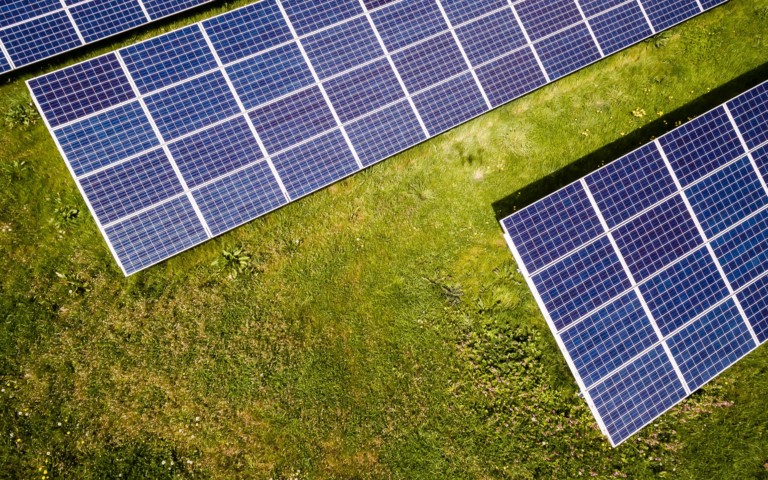When it comes to politics and businesses, incentives (such as election cycles, or quarterly company reporting), reinforce this same tendency towards short-term thinking and action. Taking precautions to reduce the risk of negative things happening in the long-term often loses out to short-term expediency. For example, the UK Government had planned for pandemics before COVID-19, but for example financial cuts had reduced the stockpiles necessary for an early and fast response.
There currently seems to be a remarkable concensus to ‘Build Back Better’. Boris Johnson argued, for example in June 2020, to “move towards a greener, cleaner, and more resilient future”.
However, this is easy to say. Our short-term biases and systemic incentives make the realisation much harder. For example, think about Boris Johnson’s controversial later announcements to speed up planning regulations to aid increased housing availability, as well as related job creation, to meet current needs; as well as the related extension of the goal for achieving carbon neutral new housing out to 2050, to the dismay of many climate academics and activists.
The need to carefully consider the full effects of all decisions is why Wales introduced the Future of Generations (Wales) Act in 2015, placing a duty on the public sector to act for both the short and longer-term. It was also the first international legislation to directly incorporate the Sustainable Development Goals. Lord John Bird is behind a proposed Future Generations (UK) Bill now going through both the House of Lords and House of Commons, which has more teeth than the Welsh version, and is part of starting a broader movement to embed the future generations principle throughout the economy and society.
Friends Provident Foundation is placing more focus on the importance of disrupting and reconfiguring existing patterns of ‘ownership, power and control’ to create a fairer economy and society, through new stakeholder approaches to organisational and system change. But how future-proofed are these alternative models of economic activity? Why should current stakeholders necessarily care about a ‘future’ which is unrepresented – effectively disenfranchised. Economic democracy can run into similar problems as liberal political democracy when trying to incorporate longer-term thinking and action.
Some business models are starting to specifically address this issue. For example, River Simple, an eco-car maker, incorporates Guardians for different stakeholder groups including the environment.
Of course many organisations in the ‘social economy’ such as social enterprises or co-operatives, as well as companies committed to ‘purpose before profit’, try to take, and account for, a longer-term and more sustainable view.
However, when legislation was introduced in the 80s enabling building societies to demutualise and break the bond between current and future generations, in some organisations the majority of members (supported by carpet baggers who joined precisely to do this) voted to take a significant windfall incentive and therefore enabling their conversion to shareholder owned companies. Changes had to be introduced to prevent that happening again. Other approaches to retaining purpose without takeover or external shareholder approach has been promoted as ‘steward-ownership’.
There was also an interesting and related debate when Glas Cymru, owners of Welsh Water (Dwr Cymru), was set up about whether it should be a mutual or non-profit – holding the mission in effect in trust for current and future generations. The latter won out. Unpaid independent members (not representing stakeholder groups) hold the assets, safeguarding the company for the benefit of customers over time. However, just because an organisation is a trust or held within the public sector does not mean that it should not try to be more democratic, increasing effective participation, and be creative about doing so.
The current crisis highlights the need to add resilience, as well as existential risk (from future pandemics, or uncontrolled technological change), to the ever-present concerns about environmental sustainability or social justice. But of course, this kind of multi-factor future decision-making may be virtually impossible for those struggling to survive in the here and now. Every size and kind of organisation is going to need to better justify and account for their impact on the short and longer-term.
So how does your organisation, or decision-making forum, currently incorporate the future within your decision-making? Simple approaches could involve having a person or group who takes on that role, or using the Sustainable Development Goals as a framework.
You might also draw inspiration from some of the many practical examples around the world, or perhaps take a more leisurely browse of the Long Now Foundation’s cultural ideas and debates “to foster long-term thinking and responsibility in the framework of the next 10,000 years.”






